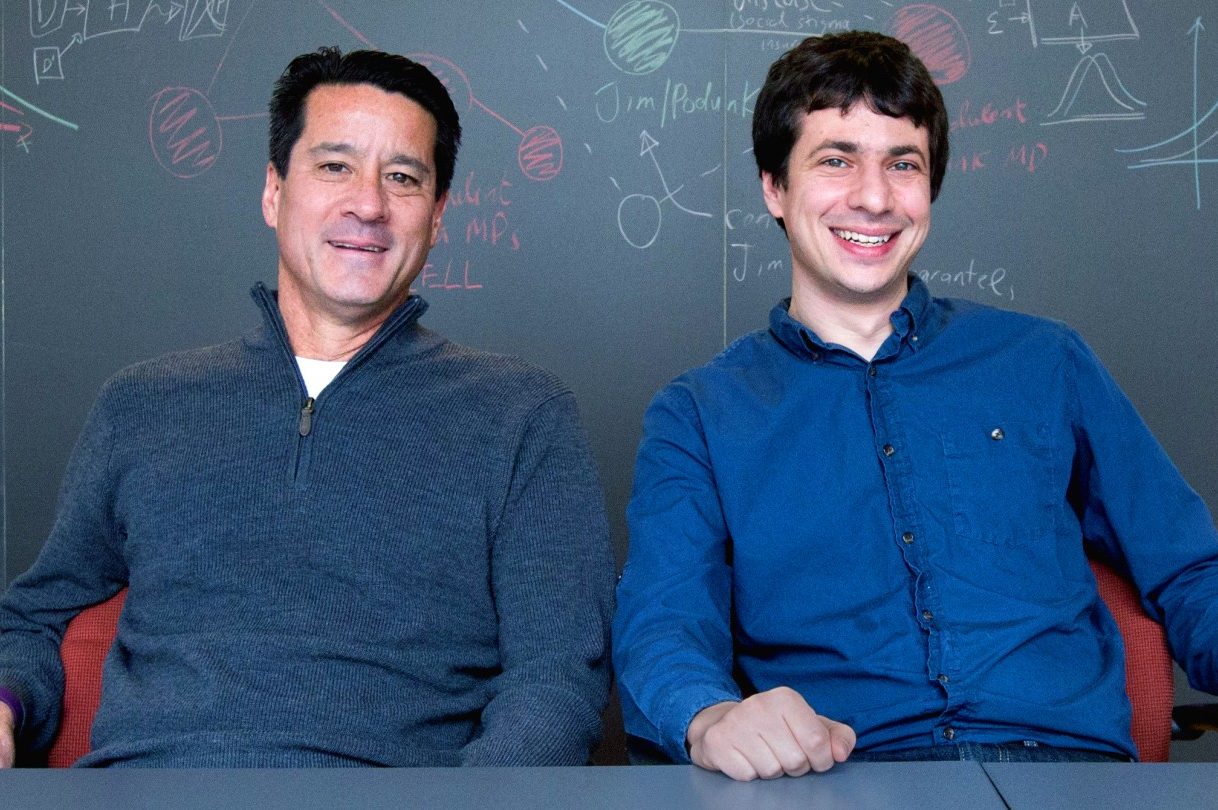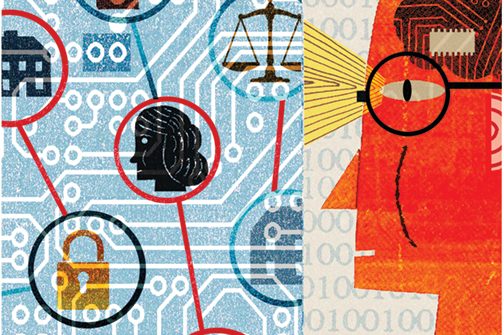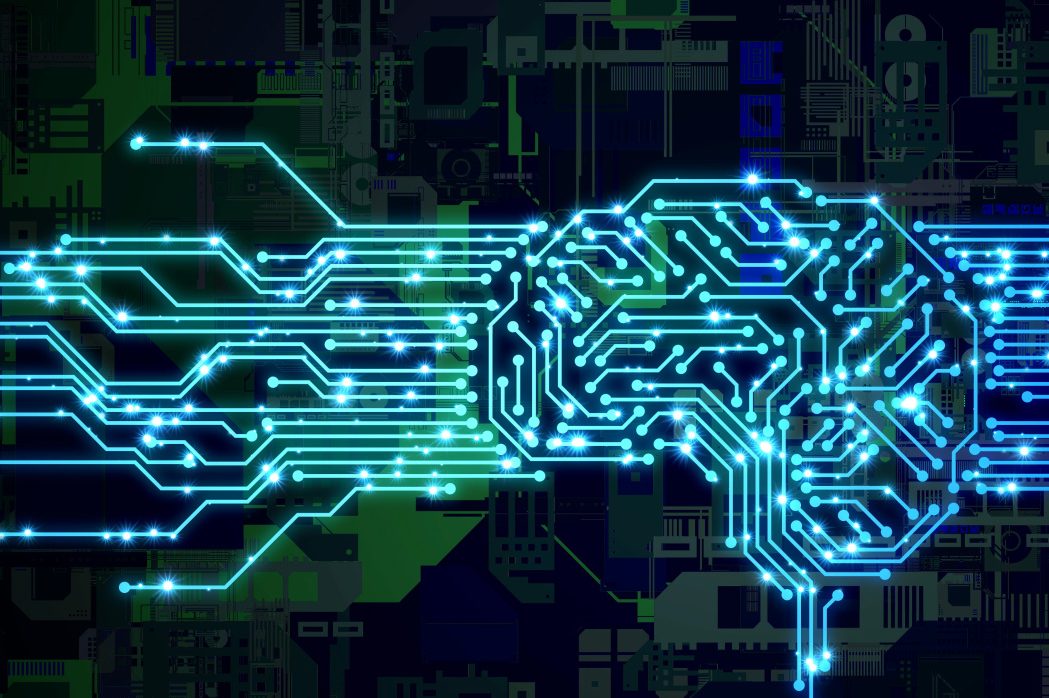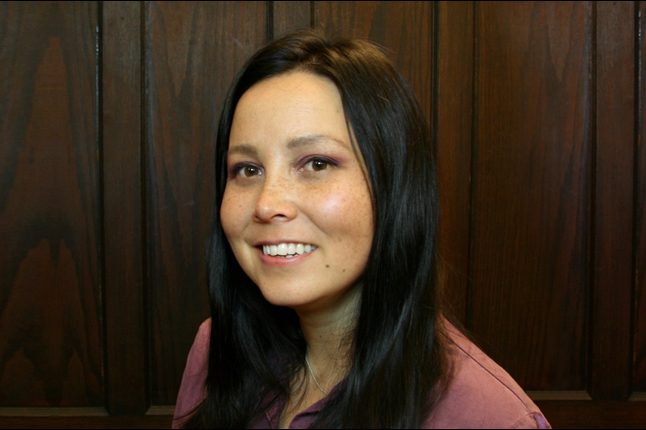
Who Should Stop Unethical A.I.?
At artificial-intelligence conferences, researchers are increasingly alarmed by what they see. Michael Kearns and Aaron Roth comment on some of the challenges in the self-regulated world of AI, especially when it comes to bias and the application of AI in recognition and identity, in this recent New Yorker article.







